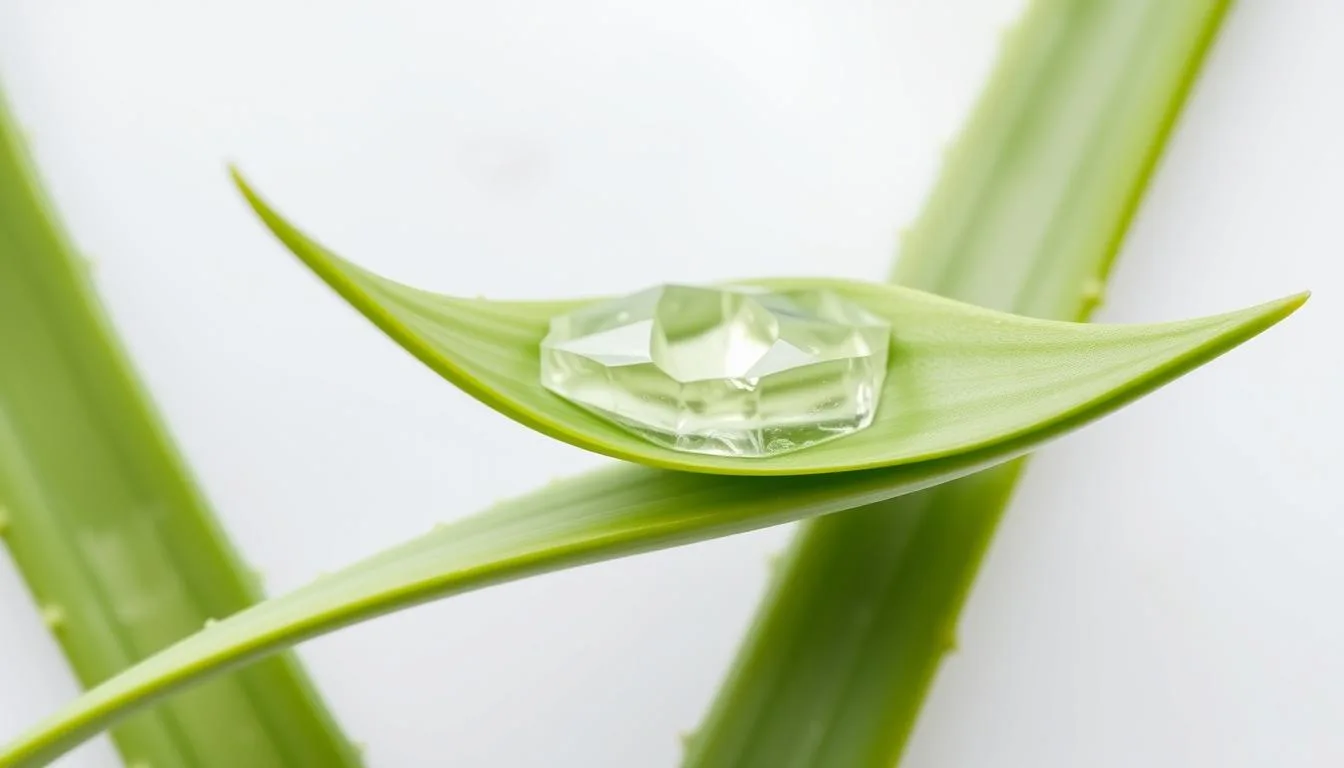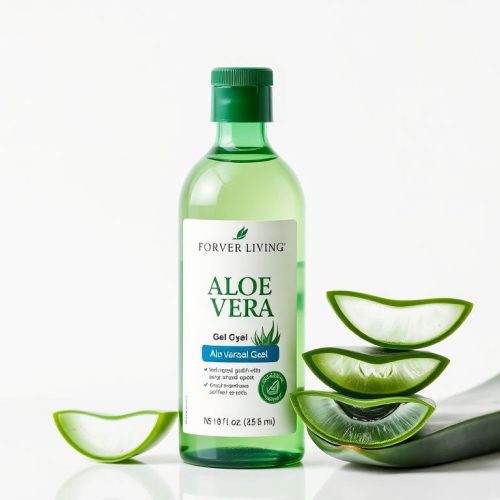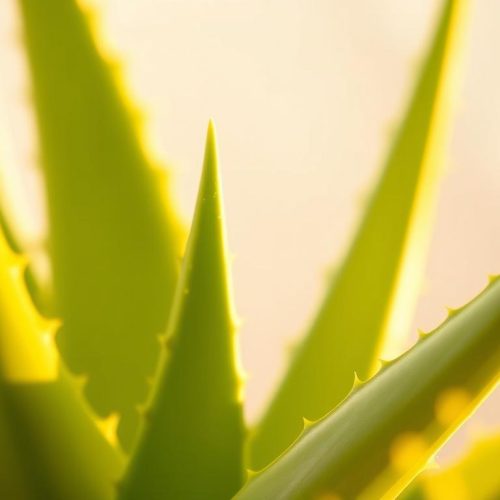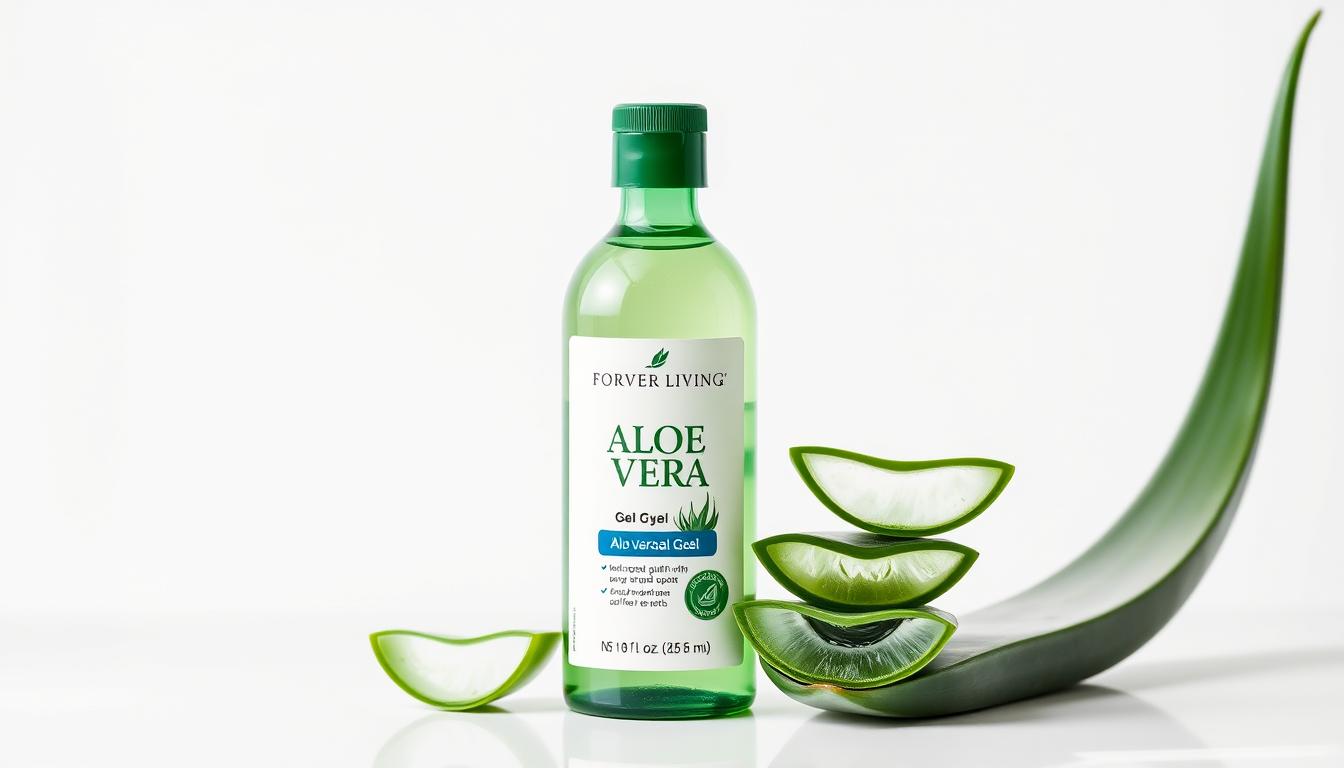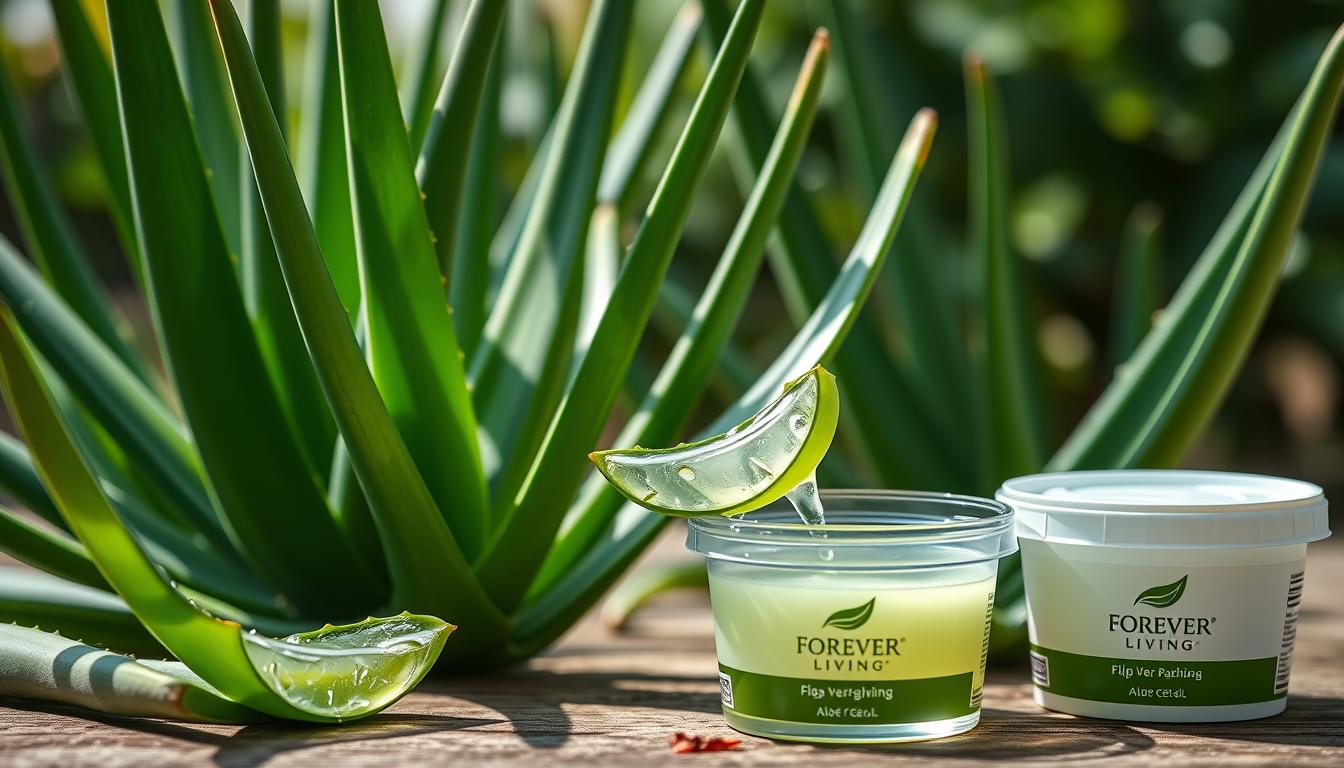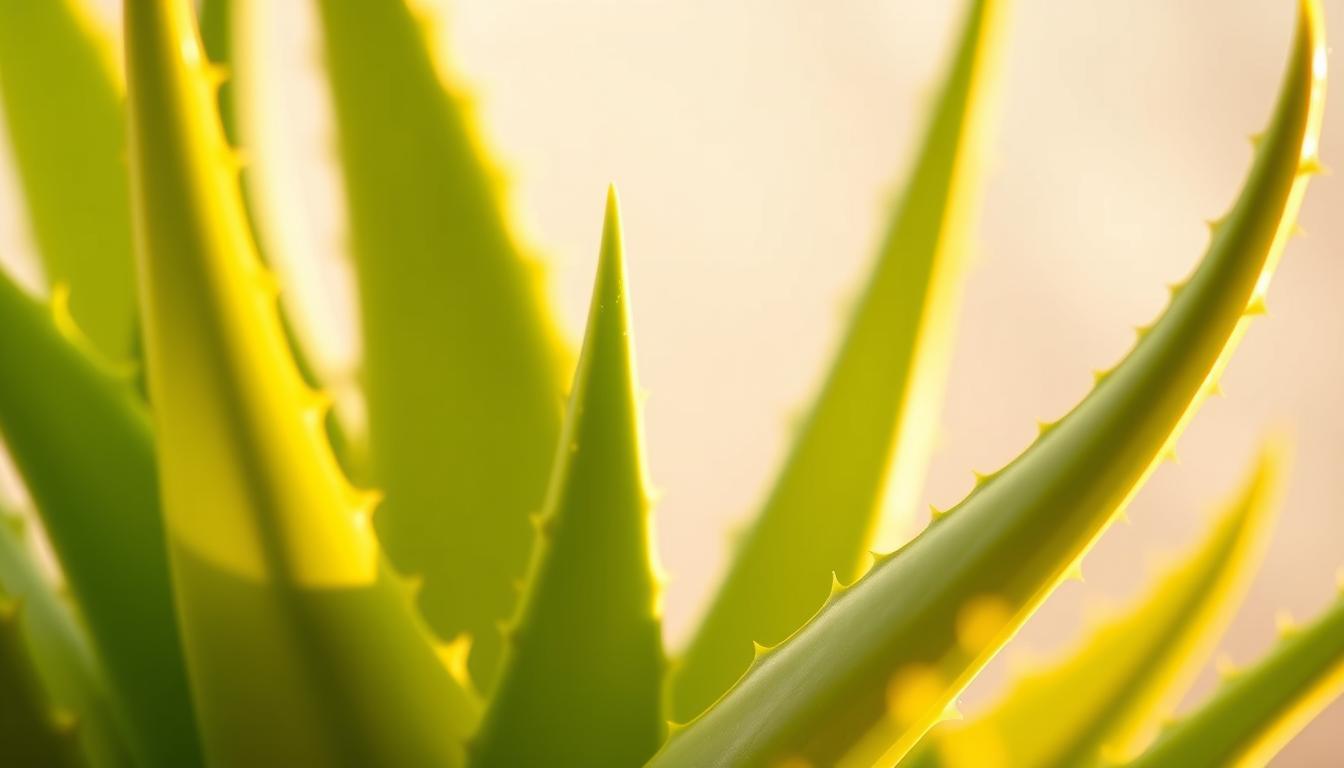- Understanding Adaptogens: Aloe Vera's Role in Stress Management
- Bioactive Compounds in Aloe Vera That Support Mental Wellbeing
- Scientific Evidence: Aloe Vera's Impact on Mental Health
- Practical Ways to Use Aloe Vera for Mental Health
- Expert Insights: What Herbalists Say About Aloe Vera for Mental Health
- Real-Life Applications: Aloe Vera for Everyday Stress
- Safety Considerations and Precautions
- Frequently Asked Questions About Aloe Vera in Mental Health
- Conclusion: Aloe Vera as Part of a Holistic Approach to Mental Wellness
For centuries, Aloe vera has been treasured for its remarkable healing properties. While most people recognize this succulent for its skin-soothing benefits, recent scientific interest has turned toward exploring Aloe vera in mental health applications. Could this common houseplant hold the key to managing modern-day stress and anxiety? As our understanding of plant-based remedies expands, researchers are uncovering compelling evidence that suggests Aloe vera might offer more than just relief for sunburns and digestive issues.
In today’s fast-paced world, where anxiety disorders affect millions globally, natural approaches to mental wellness are gaining traction. This growing interest has led scientists to investigate Aloe vera’s potential adaptogenic properties—its ability to help the body resist stressors of all kinds. The results are promising, suggesting this ancient healing plant might deserve a place in our modern mental health toolkit.
Aloe vera contains bioactive compounds that may support mental wellbeing
- Understanding Adaptogens: Aloe Vera's Role in Stress Management
- Bioactive Compounds in Aloe Vera That Support Mental Wellbeing
- Scientific Evidence: Aloe Vera's Impact on Mental Health
- Practical Ways to Use Aloe Vera for Mental Health
- Expert Insights: What Herbalists Say About Aloe Vera for Mental Health
- Real-Life Applications: Aloe Vera for Everyday Stress
- Safety Considerations and Precautions
- Frequently Asked Questions About Aloe Vera in Mental Health
- Conclusion: Aloe Vera as Part of a Holistic Approach to Mental Wellness
Understanding Adaptogens: Aloe Vera’s Role in Stress Management
Adaptogens are a unique class of herbs and plants that help the body adapt to stress and restore balance. These natural substances work by modulating the body’s stress response systems, particularly the hypothalamic-pituitary-adrenal (HPA) axis, which controls our reaction to stress. While plants like ashwagandha and rhodiola have long been recognized as adaptogens, emerging research suggests Aloe vera may belong in this valuable category as well.
Aloe vera contains over 75 potentially active compounds, including vitamins, minerals, enzymes, and amino acids. These bioactive components work synergistically to help the body maintain homeostasis—a balanced internal state—even when faced with external stressors. By potentially regulating cortisol levels and supporting adrenal function, Aloe vera may help mitigate the physiological impacts of chronic stress.

Unlike pharmaceutical interventions that often target specific symptoms, adaptogens like Aloe vera work holistically, addressing the underlying imbalances that contribute to stress and anxiety. This approach aligns with traditional healing philosophies that view mental and physical health as interconnected aspects of overall wellbeing.
Bioactive Compounds in Aloe Vera That Support Mental Wellbeing
The remarkable mental health benefits of Aloe vera can be attributed to its rich composition of bioactive compounds. Understanding these components helps explain how this succulent plant might influence our psychological state.

Microscopic view revealing Aloe vera’s complex molecular structure
Key Compounds in Aloe Vera for Mental Health
Polysaccharides
Aloe vera contains complex sugars called polysaccharides, particularly acemannan, which has been shown to reduce inflammation. Since neuroinflammation is increasingly linked to anxiety and depression, these compounds may help protect brain health and function.
Antioxidants
The plant is rich in antioxidants including vitamins A, C, and E, which combat oxidative stress in the brain. Oxidative stress has been implicated in various mental health disorders, making these compounds particularly valuable for cognitive function.
Amino Acids
Aloe vera contains several amino acids that serve as building blocks for neurotransmitters. These chemical messengers regulate mood, sleep, and stress response, potentially explaining Aloe vera’s calming effects.
Minerals
Essential minerals like magnesium, zinc, and calcium found in Aloe vera play crucial roles in neural transmission and mood regulation. Magnesium, in particular, is known for its anti-anxiety properties.
These compounds don’t work in isolation but rather create a synergistic effect that may help regulate the body’s stress response. By supporting multiple biological pathways simultaneously, Aloe vera offers a comprehensive approach to mental wellness that addresses both symptoms and underlying causes.
Scientific Evidence: Aloe Vera’s Impact on Mental Health
While traditional knowledge has long suggested Aloe vera’s calming properties, modern scientific research is beginning to provide evidence for these claims. Several studies have investigated Aloe vera’s effects on stress hormones, anxiety behaviors, and mood regulation.
Researchers continue to uncover evidence of Aloe vera’s mental health benefits
Key Research Findings on Aloe Vera in Mental Health
Cortisol Regulation
A 2018 study published in the Journal of Ethnopharmacology found that Aloe vera extract helped normalize cortisol levels in stressed animal models. Cortisol, often called the “stress hormone,” plays a central role in the body’s stress response.
Anxiety Reduction
Research published in Nutritional Neuroscience demonstrated that Aloe vera supplementation reduced anxiety-like behaviors in laboratory studies. The effects were comparable to those of some conventional anti-anxiety treatments but without significant side effects.
Mood Regulation
A 2020 clinical pilot study observed improved mood scores in participants who consumed Aloe vera juice daily for 8 weeks. Participants reported feeling more balanced emotionally and experienced fewer mood fluctuations.
“The emerging evidence suggests Aloe vera may offer a multi-faceted approach to mental health support. Its ability to modulate stress hormones while providing neuroprotective benefits makes it particularly interesting for anxiety and stress-related conditions.”
Dr. Maria Hernandez, Ethnobotanist and Mental Health Researcher
While these findings are promising, it’s important to note that much of the research is still preliminary. Larger human clinical trials are needed to fully understand Aloe vera’s efficacy for mental health conditions. However, the existing evidence provides a scientific foundation for Aloe vera’s traditional use as a calming agent.
Practical Ways to Use Aloe Vera for Mental Health
Incorporating Aloe vera into your wellness routine can be done in several ways, depending on your preferences and specific needs. Here are practical approaches to using Aloe vera for stress relief and mental wellbeing:
Aloe vera comes in various forms for mental health support
Aloe Vera Preparations for Mental Wellness
- Aloe Vera Juice: Consuming 1-2 ounces of pure Aloe vera juice daily may help regulate stress hormones and improve mood. Look for products with at least 98% pure Aloe vera and minimal additives.
- Supplements: Aloe vera capsules offer a convenient, tasteless alternative to juice. Typical dosages range from 100-200mg daily, but always follow package instructions.
- Topical Applications: Applying Aloe vera gel to pulse points (wrists, temples) may provide aromatherapeutic benefits that promote relaxation. Some find that the ritual itself has calming effects.
- Aloe Vera Tea: Herbal teas that combine Aloe vera with other calming herbs like chamomile or lavender can create a soothing bedtime ritual that supports stress reduction.
Ready to Experience Aloe Vera’s Calming Benefits?
Try incorporating pure, organic Aloe vera into your daily routine. Quality matters when it comes to mental health support.
Safety Note: While Aloe vera is generally safe for most people, it may interact with certain medications, including diuretics and diabetes medications. Always consult with a healthcare provider before beginning any new supplement regimen, especially if you have existing health conditions or take prescription medications.
Expert Insights: What Herbalists Say About Aloe Vera for Mental Health

Herbalists have long recognized Aloe vera’s potential for emotional balance
“In my 25 years of herbal practice, I’ve observed that Aloe vera offers unique benefits for what we might call ’emotional inflammation.’ Just as it cools and soothes physical inflammation, it seems to have a similar effect on an overactive stress response. Patients report feeling more centered and less reactive when using high-quality Aloe vera regularly.”
Sarah Chen, Clinical Herbalist
“What makes Aloe vera particularly valuable in mental health is its dual action—it can be both calming and energizing, depending on what the body needs. This adaptogenic quality helps bring people back to balance rather than pushing them in one direction, which is ideal for long-term emotional wellness.”
Dr. James Thompson, Integrative Psychiatrist
These expert observations align with emerging scientific understanding of how adaptogens work. Rather than forcing the body into a particular state, Aloe vera appears to support the body’s natural regulatory systems, helping to restore balance when stress has disrupted normal functioning.
Real-Life Applications: Aloe Vera for Everyday Stress
Understanding how Aloe vera can be integrated into daily life for stress management provides practical context for its benefits. Here are some real-world applications:

Combining Aloe vera with mindfulness practices may enhance stress relief
Morning Ritual
Starting the day with a small amount of Aloe vera juice mixed with water can help set a calm tone. Many users report improved focus and reduced anxiety throughout the day when beginning with this simple practice.
Workplace Stress Management
Keeping Aloe vera gel at your desk for occasional application to temples or wrists during high-stress periods can provide a moment of sensory grounding. The cooling sensation and subtle aroma offer a quick reset during busy workdays.
Evening Wind-Down
An Aloe vera and lavender tea before bed can signal to the body that it’s time to transition to rest. This ritual supports healthy sleep patterns, which are essential for mental health and stress resilience.
Post-Exercise Recovery
Consuming Aloe vera juice after exercise may help reduce the cortisol spike that sometimes occurs with intense physical activity, supporting a balanced mood and energy level post-workout.
Safety Considerations and Precautions
While Aloe vera offers promising benefits for mental health, it’s important to approach its use with appropriate caution and awareness of potential concerns.

Always consult healthcare providers before adding Aloe vera to your regimen
Benefits
- Generally well-tolerated by most people
- Non-habit forming unlike some conventional anxiety medications
- Multiple forms available to suit different preferences
- Can be used alongside other stress management techniques
- Offers additional health benefits beyond mental wellness
Precautions
- May cause digestive discomfort in some individuals
- Potential interactions with certain medications
- Not recommended during pregnancy without medical supervision
- Quality and potency vary significantly between products
- Not a replacement for professional mental health care
Want to Learn More About Safe Aloe Vera Use?
Download our free guide to using Aloe vera safely and effectively for mental wellness.
Get Your Free GuideFrequently Asked Questions About Aloe Vera in Mental Health

Is oral Aloe vera safe for daily use?
For most healthy adults, consuming small amounts (1-2 ounces) of high-quality Aloe vera juice daily is considered safe. However, long-term use of aloe latex (the yellow part just under the skin) should be avoided as it can cause digestive issues and electrolyte imbalances. Always choose products specifically formulated for internal use, and start with small amounts to see how your body responds.
Can Aloe vera interact with anxiety medications?
Yes, Aloe vera may interact with certain medications, including some used to treat anxiety and depression. It may enhance the effects of anti-anxiety medications or alter how they’re metabolized in the body. If you’re taking prescription medications for mental health conditions, consult with your healthcare provider before adding Aloe vera to your regimen to avoid potential interactions.
How long does it take to see mental health benefits from Aloe vera?
Like most natural approaches, Aloe vera typically works gradually rather than providing immediate relief. Most people report noticing subtle improvements in stress levels and mood after 2-3 weeks of consistent use. More significant benefits may become apparent after 6-8 weeks. Patience and consistency are key when using natural remedies for mental health support.
Can I grow my own Aloe vera for mental health benefits?
Growing Aloe vera at home is relatively easy and can provide both the benefits of the plant itself and the therapeutic effects of plant care. However, preparing homemade Aloe vera for internal consumption requires proper knowledge to avoid including parts that can cause digestive upset. For mental health applications, commercially prepared products may offer more consistent potency and safety.
Conclusion: Aloe Vera as Part of a Holistic Approach to Mental Wellness
Aloe vera can complement other holistic approaches to mental wellness
The emerging research on Aloe vera in mental health offers promising insights into this ancient plant’s modern applications. While not a cure-all or replacement for professional care, Aloe vera appears to offer gentle support for the body’s stress response systems, potentially helping to reduce anxiety and improve emotional balance.
As with any approach to mental wellness, Aloe vera works best as part of a comprehensive strategy. Combining Aloe vera with other evidence-based practices—such as regular physical activity, adequate sleep, mindfulness, and social connection—creates a foundation for resilient mental health. The plant’s adaptogenic properties make it a particularly valuable addition to this toolkit, helping the body and mind adapt to life’s inevitable stresses.
If you’re struggling with significant mental health challenges, remember that natural approaches like Aloe vera can complement but should not replace professional care. However, for everyday stress management and emotional balance, this remarkable succulent offers a gentle, natural option worth exploring.
Ready to Try Aloe Vera for Your Mental Wellbeing?
Start your journey toward natural stress relief with quality Aloe vera products specifically formulated for mental wellness support.
Discover Premium Aloe Products
For world’s best Aloe Vera products Country Wise:
INDIA: CLICK HERE
USA: CLICK HERE
CANADA: CLICK HERE
AUSTRALIA: CLICK HERE
UNITED KINGDOM: CLICK HERE
